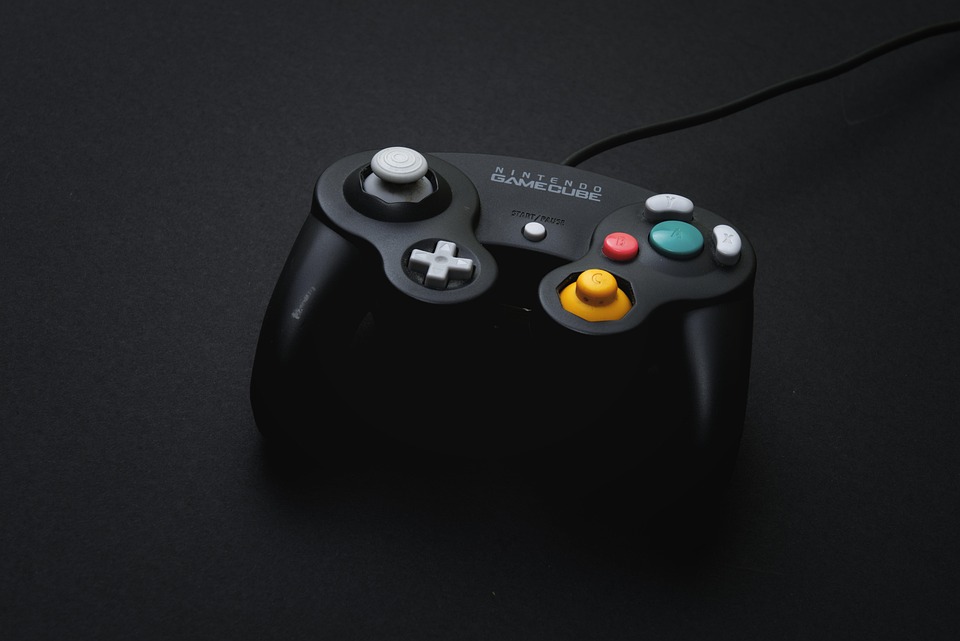Essential Interview Guide for Aspiring Video Game Designers: Tips and Strategies for Success
Embarking on a career as a video game designer is akin to stepping into a vibrant world teeming with creativity and innovation. The interview process can be both exhilarating and daunting, but with the right preparation, you can navigate it with confidence. Here are some indispensable tips and strategies that can pave your way to success.
1. Know Your Craft Inside Out
Understanding the fundamentals of game design is crucial. Familiarise yourself with different genres, mechanics, and platforms. Dive deep into the nuances of game development, from concept art to coding. Showcase your knowledge of popular game engines like Unity or Unreal Engine, and be prepared to discuss how they inform your design choices. Your technical prowess will speak volumes about your dedication to the craft.
2. Build an Impressive Portfolio
A portfolio is your calling card; it’s where your creativity comes to life. Include a variety of projects that highlight your skills and versatility. Whether it’s a level design, a character model, or a full-blown game demo, ensure each piece is polished and well-presented. Accompany your work with explanations that detail your thought process, the challenges you faced, and how you overcame them. Remember, quality trumps quantity.
3. Master the Art of Storytelling
Video games are not just about mechanics; they are immersive experiences. Be prepared to discuss how narrative and gameplay intertwine in your designs. Illustrate your understanding of character development, world-building, and pacing. A strong narrative can elevate a game from good to unforgettable, so demonstrate your ability to weave compelling stories into the fabric of your designs.
4. Research the Company and Its Games
Prior to your interview, immerse yourself in the company’s portfolio. Understanding their philosophy, the types of games they produce, and their target audience will enable you to tailor your responses. Prepare insightful questions that reflect your enthusiasm and knowledge about their work. This not only shows your interest but also helps you gauge if the company aligns with your aspirations.
5. Prepare for Technical Challenges
Interviews for video game designers often include technical assessments or practical tests. Be ready to tackle design challenges on the spot. Practice problem-solving scenarios and brush up on any relevant software tools. Demonstrating your ability to think critically and creatively under pressure can set you apart from other candidates.
6. Emphasise Collaboration and Communication Skills
Game development is rarely a solitary endeavour; it thrives on teamwork. Highlight your ability to work collaboratively with artists, programmers, and other designers. Share experiences where you effectively communicated your ideas or resolved conflicts within a team. Your interpersonal skills can be just as important as your technical abilities.
7. Be Open to Feedback
The design process involves iteration and refinement. During the interview, express your willingness to accept constructive criticism. Discuss how feedback has shaped your previous projects and how you integrate it into your work. This openness not only demonstrates your humility but also your commitment to continuous improvement.
As you prepare for your journey into game design, remember that each interview is a stepping stone toward your dream career. Embrace the challenges, showcase your passion, and let your creativity shine. With the right preparation and mindset, you can turn your aspirations into reality.
For those seeking further guidance, CVPortal continuously provides a variety of high-quality resume references to help you stand out in the competitive world of game design.


